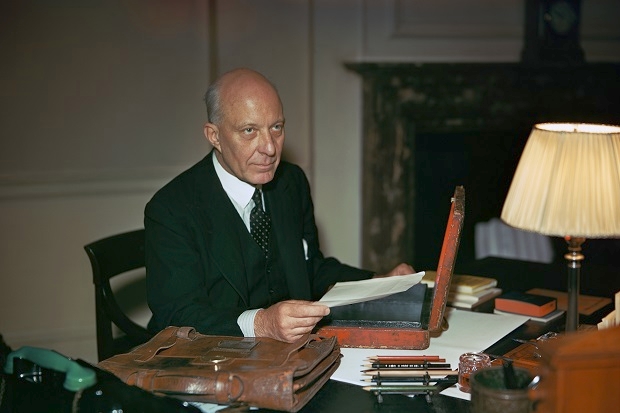A friend has sent me a copy of a memo sent by the Financial Secretary to the Treasury (William Glenvil Hall) to the Chancellor of the Exchequer (Hugh Dalton) on 19 September 1945. It discusses the salaries and expenses of MPs and ministers. At that time, MPs received £600 a year (roughly £22,000 today). The memo recommends no increase. It argues, however, that free travel facilities should be extended to allow Members to travel between London and their homes (generally assumed not to be in their constituencies), and that ‘consideration should be given’ to ‘providing a secretarial service to Members at reasonable rates’. It points out that legitimate parliamentary expenses can be set off by MPs against income tax. ‘Free postage should not be granted’, it also states. Today, of course, all such things are given gratis and MPs earn £66,396 p.a., so they have become much more unpopular. Perhaps the key underlying assumption behind this austere memo is that MPs can (and, by implication, should) earn money from other sources. Nothing has depressed me more in the latest expenses row than the description of MPs (by an MP) as ‘650 public servants’. They should serve the public, yes, but they should not be state employees. If the state alone pays them, the state alone controls them. The voters, in turn, notice this and resent it. Any MP will understand his country better if he has to earn his own living in it, and it is rubbish to say that he/she does not have the time. Because of ‘family-friendly’ hours and the fact that the coalition (thank goodness) does not want to make tricky new laws before the election, many MPs are currently working in Parliament less than three days a week for less than eight months of the year.
This is an extract from Charles Moore’s column in this week’s Spectator. Click here to subscribe to the Spectator.







Comments